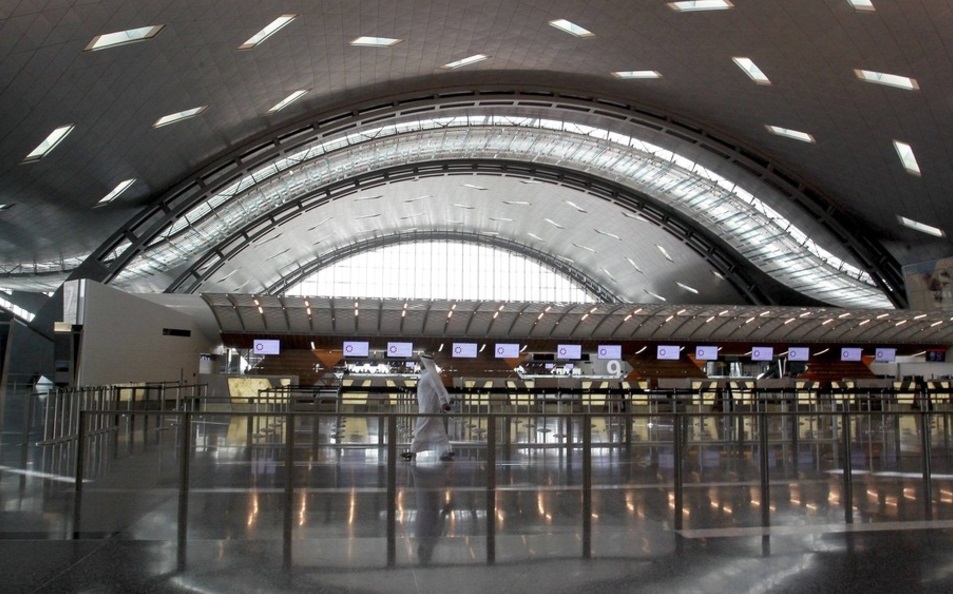The decisions of four states to cut their diplomatic ties with Qatar did not come as a surprise amid the practices of the Doha government that is seeking to create Gulf and Arab division through its support and harboring of terrorist groups.
Saudi Arabia, Bahrain, Egypt and the United Arab Emirates opted to sever ties with it to preserve their national security. All members of Qatar’s diplomatic missions in those countries have been given 48 hours to leave. The air, land and sea portals have also been blocked against it.
Citizens of these countries have been barred entry to Qatar and Qataris have also been barred entry to these four countries.
The decision will lead to major economic crises in Qatar.
The first effects of the decision emerged in the Qatari Stock Exchange that fell more than 7 percent.
The travel ban will affect Qatar Airways that is a main economic vein in the country and will inevitably affect transit passengers.
The airways operates 19 daily flights from Dubai International Airport, six from Abu Dhabi and Kuwait, five from al-Manama, three or five from Jeddah and four from Riyadh.
Doha’s Hamad International Airport received in 2016 37.3 million travelers, a 7 million increase from 2015. Confusion struck aviation at the airport shortly after the four countries announced the severing of ties. Several flights were delayed and transferred and social media activists posted many photos of the confusion.
Trade will also be affected between Saudi Arabia, the UAE and Qatar. The emirate and Kingdom are Doha’s most important trade partners, especially in food trade. Data from 2015 revealed that the two countries were the top two food exporters to Qatar at 310 million dollars.
In the fuel trade, Bahrain is the top exporter to Qatar, followed by the UAE, at around 200 million dollars.
With the halt in land trade, the dream of Qatar’s hosting of the 2022 FIFA World Cup will come at risk seeing as Doha relies on its land route with Saudi Arabia to import the majority of its construction demands.
The Abou Samra crossing between Saudi Arabia and Qatar saw the passage of over 326,000 visitors between January 10 and February 5 alone. Between 600 and 800 trucks cross the route on a daily basis.
Companies, such as Industries Qatar and Mesaieed Petrochemical Holding Company, whose businesses are spread throughout the region, will also be affected by the decision to sever diplomatic ties. This explains investors’ preemptive selling of their stocks in the companies.
Qatari investments in Saudi Arabia and the rest of the Gulf will also be affected.
